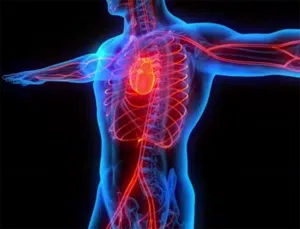This Harvard study evaluates the different explanations of heart preload failure in ME/CFS patients to determine which is active in many, if not all, ME/CFS patients. The Computation Center is now seeking to better understand the causes of ME/CFS (PLF, the high flow type) as well as to identify potential drug targets for future therapies.
Using a biorepository of plasma from more than 300 patients with ME/CFS, investigators have identified a form of heart failure or “Preload Heart Failure” (PLF). It presents in two forms: low flow and high flow. Many of these patients suffer from dysautonomia and many have had the diagnosis of postural orthostatic tachycardia syndrome (POTS), a syndrome that involve both the cardiopulmonary and the peripheral vascular systems as they are modulated by the autonomic nervous system.
Why these systems become dysregulated causing the dizziness, fatigue, inability to exercise, lightheadedness, fainting, and sometimes fast heart rate, nausea, anxiety, and blurred vision is not known. It is likely that intense study of the interaction of these systems will lead to a much better understanding of the origin of this dysregulation.
It is the hope these studies in ME/CFS patients undergoing cardiopulmonary exercise testing will expand the biorepository and lead to better understanding of the causes of ME/CFS (PLF, the high flow type) as well as to identify potential drug targets for future therapies.

Analyze data collected throughout the study.
Identify metabolomic, proteomic, and inflammatory marker differences in the blood of patients with preload heart failure and a diagnosis of ME/CFS.